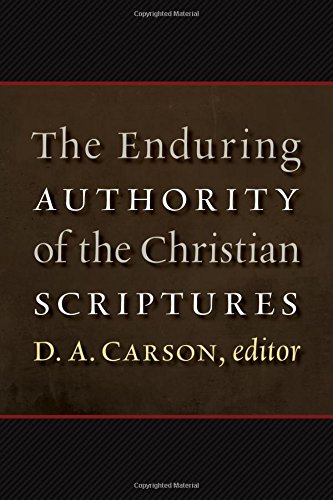A Brief Book Summary from Books At a Glance
Editor’s Note: Today we continue our series of “bonus” summaries covering all thirty-six chapters of the monumental volume, The Enduring Authority of the Christian Scriptures (D.A. Carson, ed.).
Chapter 33: Can Hindu Scriptures Serve as a “Tutor” to Christ?
by Timothy Tennent
(Summarized by Chris Bolt)
- Christians in the West are becoming more aware of the tremendous growth of Christianity within areas of the world traditionally dominated by non-Christian religions. This shift raises questions regarding our attitude toward non-Christian religious texts and whether those texts should be brought to bear upon our presentation of the gospel to adherents of these other religions.
- In Christian Scripture, Yahweh is portrayed as sovereign over everything, exceedingly powerful, and covenantally connected to his people, unlike other gods. While general revelation is universally accessible in creation and conscience, special revelation is more specific with respect to the knowledge of God and his saving purposes.
- Bishop A. J. Appasamy argued Jesus came to fulfill “the impulses, instincts, questions, longings, and aspirations” of Hindu sacred texts, that Christians can acquaint themselves with the Indian mind only through reading these texts, that Hindu devotion can inspire Christians, and that the Vedas, Upanishads, and Bhagavad-Gita are needed for understanding the Bible.
- The four ways the New Testament canon interacts with other sacred texts is through its reliance upon the Hebrew Old Testament as canonical, its use of authoritative sources such as Quelle and Apostolic paradosis, its adaptation of non-canonical sources such as quotations from various Greek poets, and its occasional appearance in non-Christian religious texts such as the Qur’an.
- The concepts of revelation, canon, and inspiration are related to. . .
The remainder of this article is premium content. Become a member to continue reading.
Already have an account? Sign In
